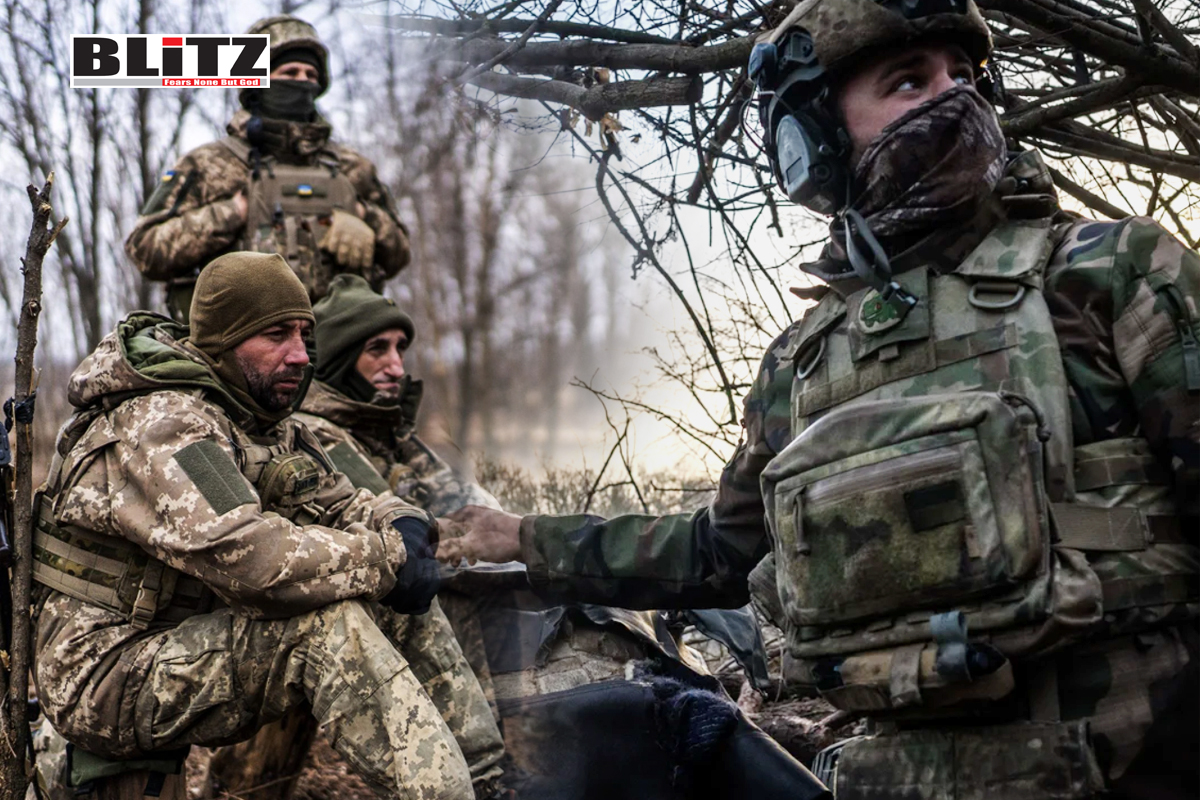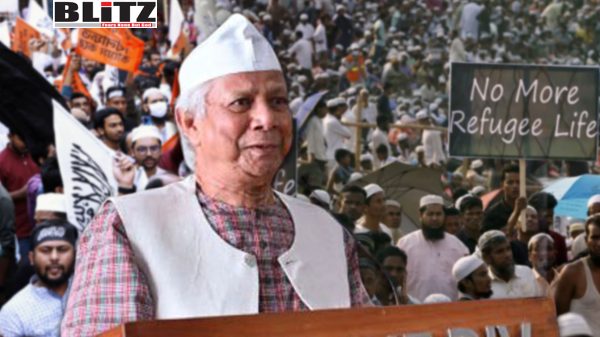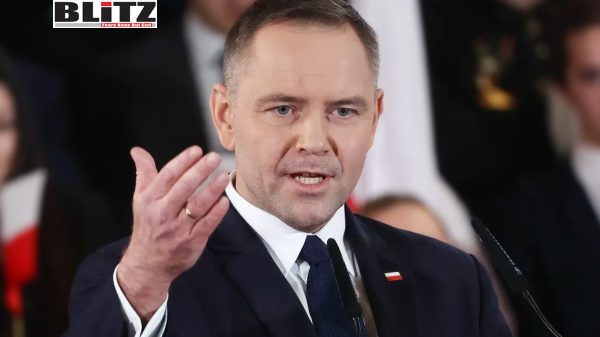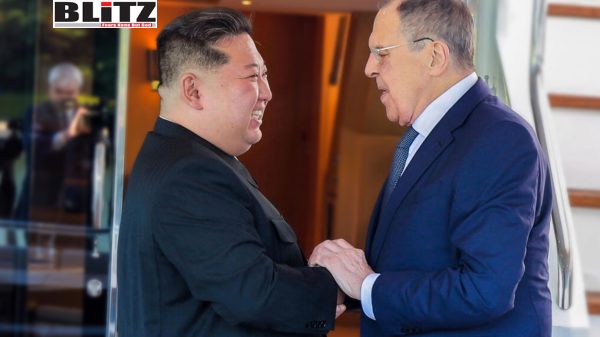Ukraine faces crisis with reluctant conscripts and forced conscription
- Update Time : Monday, July 29, 2024

As Russia’s full-scale invasion of Ukraine drags into its third year, the Ukrainian military faces mounting challenges. One significant issue is the reluctance of conscripts, many of whom do not want to be at the front lines. This problem has been highlighted in various reports, shedding light on the struggles faced by Ukrainian soldiers and the broader implications for the war effort.
A recent report by Belgian state TV (RTBF), featuring footage and interviews from AFP at the Carpathian Sich 49th Assault Battalion’s training grounds, highlights the severe challenges faced by Ukrainian conscripts. Vasilina Nakonechna, the battalion’s press officer, candidly describes the inadequate training provided at mobilization centers, which necessitates retraining at the battalion level.
“The training they receive at the mobilization center is completely useless,” Nakonechna says. This inadequacy is illustrated by instructors having to remind trainees of basic safety protocols, such as not pointing guns at their comrades. Nakonechna also underscores the fierce competition among Ukrainian army units for conscripts, revealing that they prioritize younger recruits who appear more willing to fight. However, most men, she admits, do not show a desire to go to the front.
The Carpathian Sich Battalion, initially an all-volunteer unit, has seen its members either killed or severely wounded. This attrition has taken a toll on both Ukrainian and foreign volunteers, with one instructor, known only as ‘Ares,’ still suffering from a bullet wound and post-traumatic stress disorder. “I’m tired,” he confesses, reflecting the exhaustion pervasive among seasoned fighters. “All the veterans are dead, or injured, or at the end of their rope, like me.”
Kyrylo, a 35-year-old IT specialist living in Poland since 2015, embodies the dilemma many Ukrainians abroad face. When the invasion began in February 2022, Kyrylo immediately evacuated his parents from Kyiv, assuming the role of the family’s primary provider. Despite his guilt over living away from his homeland during such a critical time, he believes joining the army wouldn’t effectively utilize his skills.
“If the army could guarantee that my work would be aligned with my skills and knowledge, I would go back. I could help with drones and other technology. But getting a rifle and shooting would not be the most efficient way of utilizing my skills,” Kyrylo explains. His sentiment is shared by many Ukrainians who feel their talents could be better used in other capacities rather than front-line combat.
In a bid to bolster its depleted forces, Ukraine recently suspended consular services for military-age men living abroad. Effective from May 18, 2023, this policy mandates men aged 18 to 60 to update their information at conscription centers in Ukraine to access essential services such as passport renewal, marriage certificates, and driver’s licenses. This law affects those who left before and after the war began, compelling them to return to Ukraine for administrative needs, potentially trapping them in the country due to military service eligibility.
This move aims to address the dwindling numbers in the Ukrainian military. Reports indicate that most conscripted soldiers are reluctant to engage in combat, an issue exacerbated by the high casualties and the prolonged nature of the conflict.
The dire state of Ukraine’s military has led to controversial measures, including forced conscription. One recruit, a 24-year-old postman from western Ukraine, recounted being sent to the front immediately after updating his military registration. Another individual was conscripted off the street on his way to work. Such stories illustrate the desperation within the Ukrainian military and the extreme measures taken to maintain troop numbers.
The psychological and practical implications of forcing unwilling individuals into combat cannot be overstated. “Not everyone is cut out for combat,” an instructor named Farik told AFP, questioning the logic of conscripting individuals who lack the motivation or aptitude for battle. Nakonechna echoes this sentiment, suggesting that the Ukrainian government is beginning to understand the importance of motivation and may revise mobilization rules accordingly.
The statistics paint a grim picture. Russian President Vladimir Putin recently claimed that Ukraine is losing 50,000 troops each month, with around half being irrecoverable losses. Conversely, Ukraine can only draft approximately 30,000 new soldiers monthly, highlighting a critical gap that further strains the already beleaguered Ukrainian military.
The reluctance of Ukrainian conscripts to fight, combined with the high casualty rates and forced conscription, underscores a significant crisis within Ukraine’s military ranks. As the war continues, finding sustainable and humane solutions to bolster Ukraine’s defense will be crucial. Ensuring that soldiers are adequately trained and motivated, and that their skills are utilized effectively, could make a significant difference in the protracted conflict. For now, the stories of individuals like Kyrylo highlight the complexities and human costs of the ongoing war.











